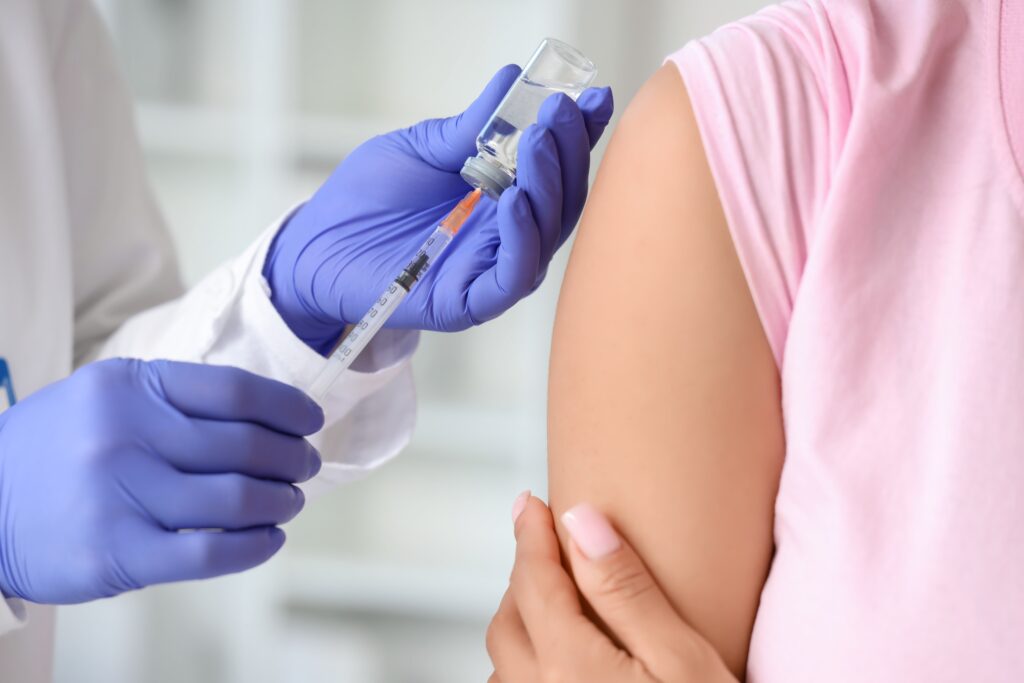A landmark global study has found that the shingles vaccine may do more than prevent the painful rash caused by the herpes zoster virus — it could also reduce the risk of major cardiovascular events. According to the world’s first systematic review and meta-analysis on the subject, adults who received the vaccine were 18% less likely to suffer a heart attack or stroke, with the protective effect particularly evident in older age groups.
Researchers analyzed data from 19 studies, including randomized controlled trials and observational research, and presented their findings at the European Society of Cardiology’s annual congress in Madrid. The results suggest vaccination may help combat inflammation linked to shingles, which is also a known driver of cardiovascular disease.
While experts welcomed the findings, they cautioned that most of the evidence comes from observational studies and cannot yet prove cause and effect. Further research is needed before health authorities expand vaccine recommendations beyond older adults and those with weakened immune systems.
Still, the study strengthens the growing view that vaccines can play a broader role in reducing cardiovascular risk, adding another potential benefit to the shingles jab, which is currently given in two doses several months apart.

